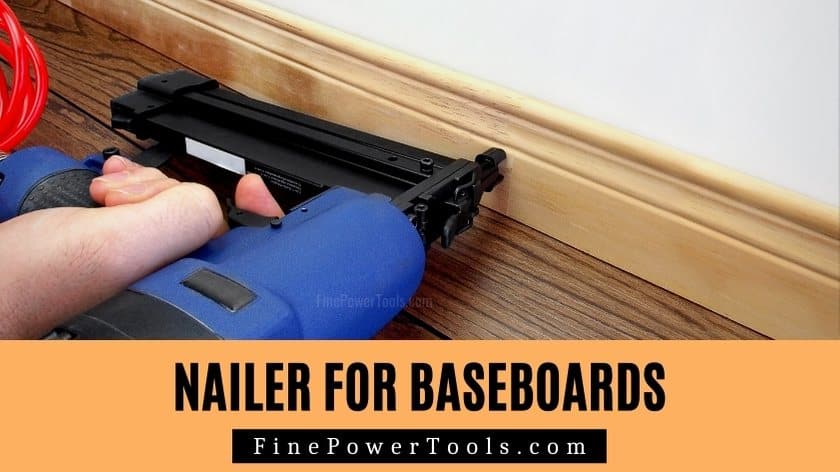There is no definitive answer to this question as the best gauge of nailer for trim work will depend on the specific project and materials being used. However, most experts recommend using a 16 or 18 gauge finish nailer for trim work as these sizes are suitable for a wide range of applications. For particularly delicate or intricate work, a 23 gauge micro pin nailer may be the best option to avoid damage to the material.
When it comes to trim work, the most important tool you can have is a good quality nailer. But with so many different types and sizes of nailers on the market, it can be hard to know which one is right for your project. Here’s a quick guide to help you choose the right gauge nailer for trim work:
For most trim projects, a 15 or 16 gauge finish nailer will suffice. These nailers are powerful enough to drive nails into even the hardest woods, yet they’re still small and light enough to maneuver easily around tight corners.
If you’re working with particularly thick or hardwoods, you may need to step up to a heavier duty 18 or 20 gauge nailer.
These nailers are much more powerful, so they can handle tougher materials. However, they’re also bulkier and more difficult to control, so they’re not ideal for delicate trim work.
Finally, if you’re working with extremely soft or thin woods (like balsa wood), you’ll need to use an 23 or 24 gauge micro pin nails .
These tiny nails are barely visible once they’re driven in, making them perfect for delicate applications where aesthetics are important. However, because they’re so small and fragile, micro pin nails tend to bend or break easily if not used correctly.
How to Choose a Finish Nailer | This Old House: Live
Table of Contents
What is the Best Gauge Nailer for Trim
There are a lot of different factors that go into choosing the best gauge nailer for trim, and it really depends on what your specific needs are. Here are some things to consider when making your decision:
-The type of trim you’ll be using.
Some trim is thinner than others, so you’ll need to choose a nailer that can accommodate that.
-The size of the nails you’ll be using. Again, this will depend on the thickness of the trim you’re using.
-How often you plan on using the nailer. If you’re only going to use it occasionally, then you might not need one that’s as durable as if you were going to use it every day.
-Your budget.
Obviously, this is an important factor in any purchase!
Keep these things in mind and do some research on different models before making your final decision. There are lots of great options out there, so take your time and find the perfect one for your needs!
:no_upscale()/cdn.vox-cdn.com/uploads/chorus_asset/file/20008721/IMG_0197.jpg)
Credit: www.thisoldhouse.com
Conclusion
If you’re wondering what gauge nailer to use for trim, the answer is that it depends on the thickness of the trim. For example, if you’re using thin trim, you’ll want to use a thinner gauge nailer. Conversely, if you’re using thick trim, you’ll want to use a thicker gauge nailer.
Ultimately, it’s up to you to decide what thickness of nailer is best for your project.
